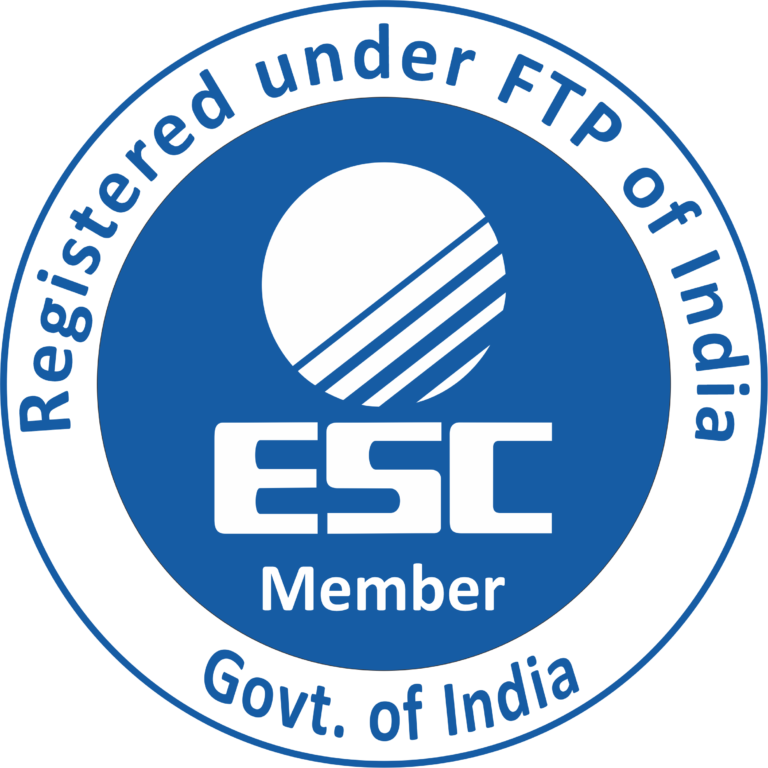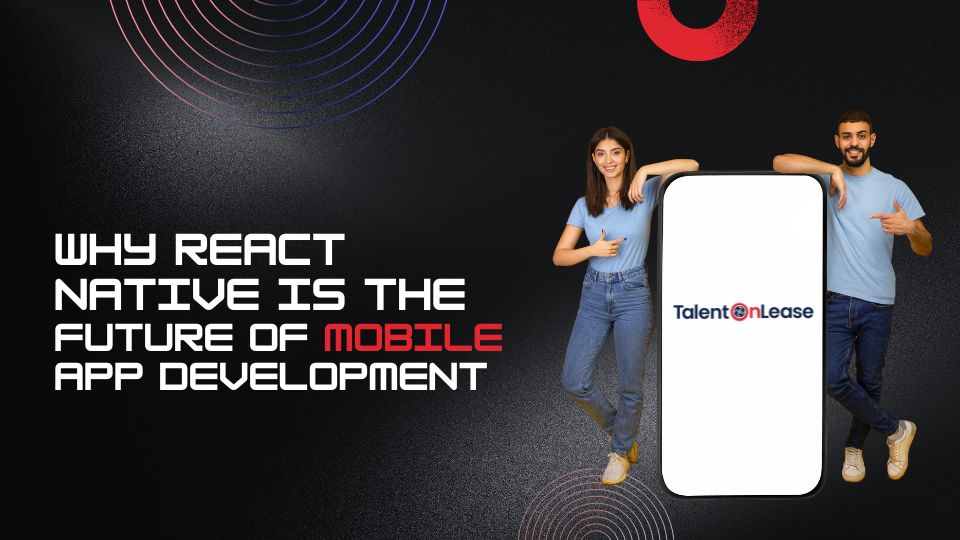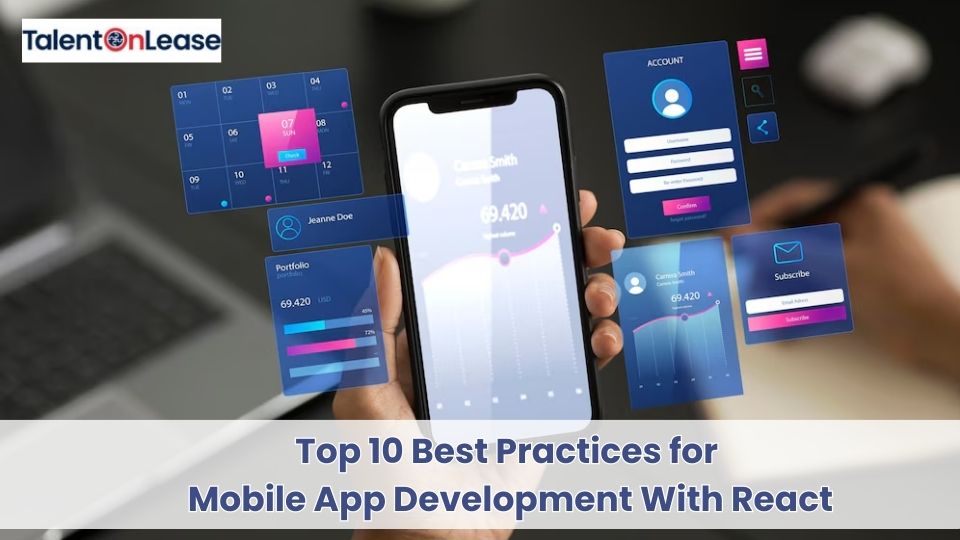Why Should We Prioritise Skill-Based Hiring When It Comes To Software Development?
The competitive tech industry, focusing recruitment on job applicants’ demonstrated abilities is essential for success. By emphasising skill based recruitment trends, companies make certain they hire people with the precise capacities required for software progression excellence. This strategy is preferred by tech giants for example Google and Apple. They increase the probability of consistently providing high-standard items, meeting project due dates, and staying ahead in the continuously evolving technology environment.
What is Skilled Based Hiring?

Skilled based hiring radically transforms software developer recruitment by moving beyond conventional constraints. Rather than focusing solely on academic credentials or past work experience, it emphasises a wide variety of talents, cultivating inclusion and diversity within the applicant pool.
By welcoming skill based recruitment that permit candidates to highlight proficiencies and compete based on abilities. It acts as a pioneering force redefining hiring practices in the ever-changing software development field.
While qualifications remain meaningful, skills have risen to the forefront as the premier consideration, helping to open doors for talented individuals who otherwise may have been overlooked under more traditional approaches.
Why is skills-based hiring trending?
Skill-based hiring focuses specifically on candidates’ abilities rather than just their credentials. By prioritising applicants’ actual skills, companies are creating a more inclusive workforce that values diverse talents.
This approach acknowledges that people obtain expertise through various paths. Organisations are increasingly realising job performance relies more on skills than traditional qualifications alone.
As companies recognize the value in direct evaluations of expertise. Skill-based hiring continues to grow in popularity as a trending choice. Its emphasis on what people can do rather than where they studied emphasises potential over pedigree.
Current Challenges in Hiring for Software Development
While skilled based hiring has become more common in software development roles, several issues continue in finding and evaluating qualified candidates. Identifying a person’s true expertise and experience through assessments can be difficult, as technical skills do not always translate on paper.
It is also challenging to determine if a candidate will mesh well with the existing team dynamics and company culture. Sifting through the massive number of applicants to find those that meet all requirements can feel overwhelming. However, overcoming these persistent hiring obstacles is vital for constructing software teams equipped for success.
Careful consideration of both hard and soft skills during interviews, as well as thorough reference and background checks, can help ensure only top candidates are selected to join the effort. With diligence, the right people can be found and on boarded to collaboratively tackle projects.
Benefits of Skill-based Hiring

Skill-based hiring aims to streamline recruitment by tapping into broader talent pools that may not have traditional qualifications yet still possess the requisite skills, aligning recruitment strategies with current trends that emphasise competencies over pedigrees.
This approach facilitates efficient hiring of software developers based primarily on demonstrated expertise in key technical areas as evidenced either through work samples, practical assessments, or open-source contributions, reducing reliance on degree-focused resume screening and subjective interviews to gauge aptitude.
1. Improved Talent Acquisition:
Skilled based hiring allows HR professionals to precisely identify the optimal candidate by concentrating on particular abilities rather than conventional qualifications. This methodology heightens the potential for high-calibre hires and a more effective labour force.
By emphasising demonstrated talents applicable to the role instead of degrees or years of experience, companies can determine who is best suited for success in the position and contribute value immediately. The approach evaluates a wider range of candidates by recognizing various paths one can take to acquiring relevant skills.
2. Increased Performance:
When organisations thoughtfully align employee roles to suit individuals’ skills, it opens doors for people to shine in ways that drive instant achievement. By acknowledging unseen strengths, such as a marketing team member’s prowess with social media platforms, companies make certain they receive top-notch work products from the very beginning.
3. Diversity and Inclusion:
Traditional hiring approaches may neglect talented individuals from underrepresented communities who possess valuable skills. A skills-based recruitment process encourages diversity by enabling any person with the required qualifications to obtain a role, thereby cultivating a more inclusive and accepting professional environment.
4. Continuous Learning
Emphasizing abilities demonstrates dedication to education, inspiring hopefuls and staff to consistently broaden their know-how. This strategy urges flexibility and keeping informed on business shifts, forming a labour drive outfitted for developing difficulties.
By prioritising learning and adaptation, organisations help their employees meet emerging demands while gaining confidence in their potential for growth.
5. Lower Turnover
When employees’ skills are properly aligned with their job roles, it creates a win-win situation for both the organisation and its people. Workers who feel confident and competent in their responsibilities experience less stress and a healthier work-life harmony.
Feeling valued and able to utilise their talents leads to higher job satisfaction and commitment. As a result, teams enjoy improved morale and productivity. With needs and abilities matched, turnover is reduced as people are less likely to seek opportunities elsewhere.
6. Enhance Innovation
Bringing together individuals from diverse educational and career backgrounds into the hiring process results in a workplace comprised of a rich array of skills and perspectives. Considering qualifications beyond traditional markers allows an organisation to benefit from a diversity of thoughts, experiences, and problem-solving approaches.
This varied workforce is able to fuel creativity, sparking innovative solutions born from the joining of differing mindset. A company culture appreciative of diverse talents can craft a respected reputation within its industry and community as an inclusive employer dedicated to equity.
Such a reputation aids in the attraction and retention of top calibre talent seeking an environment allowing their unique strengths. With a pool of skills, insights, and innovations nourished by diversity. Also, an organisation can set themselves apart as competitors in their field through creative achievements and responsive progress.
How to apply skill-based recruiting in tech recruitment?
In the realm of skilled based hiring, providing thorough job descriptions is incredibly important. Vague job listings can result in applicants who do not truly match the role, slowing down the hiring process.
Job postings that comprehensively outline the job duties, expectations, and necessary talents are critical, promoting openness. An advertisement that highlights the valued skills and continual self-improvement opportunities makes the position highly appealing to candidates.
1. Skills-Focused Interviews
In skill-based hiring, you can sort through resumes by focusing first on the must-have skills for the role. Design interviews that allow candidates to demonstrate their expertise through realistic scenarios. For sales roles, give examples of situations a salesperson may face and have them explain their approach.
For developers, include coding questions that test their abilities. Provide marketers with hypothetical challenges and see how they would address them. This strategy prioritises a candidate’s actual expertise rather than superficial factors like appearance.
2. Skills-Based Assessments
Rather than solely focusing on choosing exceptional candidates during the hiring process, it is also essential to properly evaluate their skills through customised techniques tailored to the specific role.
For technical positions, simulations can offer a hands-on method to directly assess an individual’s technical abilities in a realistic manner that mirrors real-world job tasks.
Meanwhile, written tests may help to provide clearer insight into an applicant’s soft skills through having them complete focused exercises addressing skills like written communication, problem-solving, or attention to detail.
By designing evaluations that align closely with your organisation’s culture and values, you can have higher confidence that the skills and qualities of new hires will integrate smoothly and naturally within your unique work environment.
3. Feedback
Providing feedback plays a pivotal role in skill-based hiring by helping candidates refine their abilities. Through transparent dialogue and transparency, alignment between job requirements and applicants’ talents is strengthened, leading to a supportive environment where individuals and the selection process overall can evolve.
Communication of strengths and areas for development aids continued learning, as candidates gain insight into how to strengthen their qualifications while the hiring team obtains perspective on refining standards and procedures to identify optimal fits.
Conclusion:
In this article we have discussed skilled based hiring emphasises the growing importance of lifelong learning in today’s dynamic job market. Keeping up with industry changes and gaining in-demand qualifications increases your attractiveness to employers.
This method allows companies to discover gifted candidates and strengthen their teams, rendering it a critical tactic in the current employment environment.
While technical proficiencies remain important, adaptability, problem-solving skills, and the initiative to learn independently serve candidates well. Employers seek self-motivated individuals who will drive innovation and help the organisation navigate unpredictable conditions.
Competencies demonstrate both a candidate’s capacity and willingness to evolve, traits that benefit any enterprise facing an unpredictable future.
At TalentOnLease, we understand the paramount importance of staying ahead in the race by continually upgrading skills and qualifications. That’s why we offer a pool of skilled developers that you can rely on, ensuring your workforce is equipped to thrive in any industry changes and meet evolving demands.











